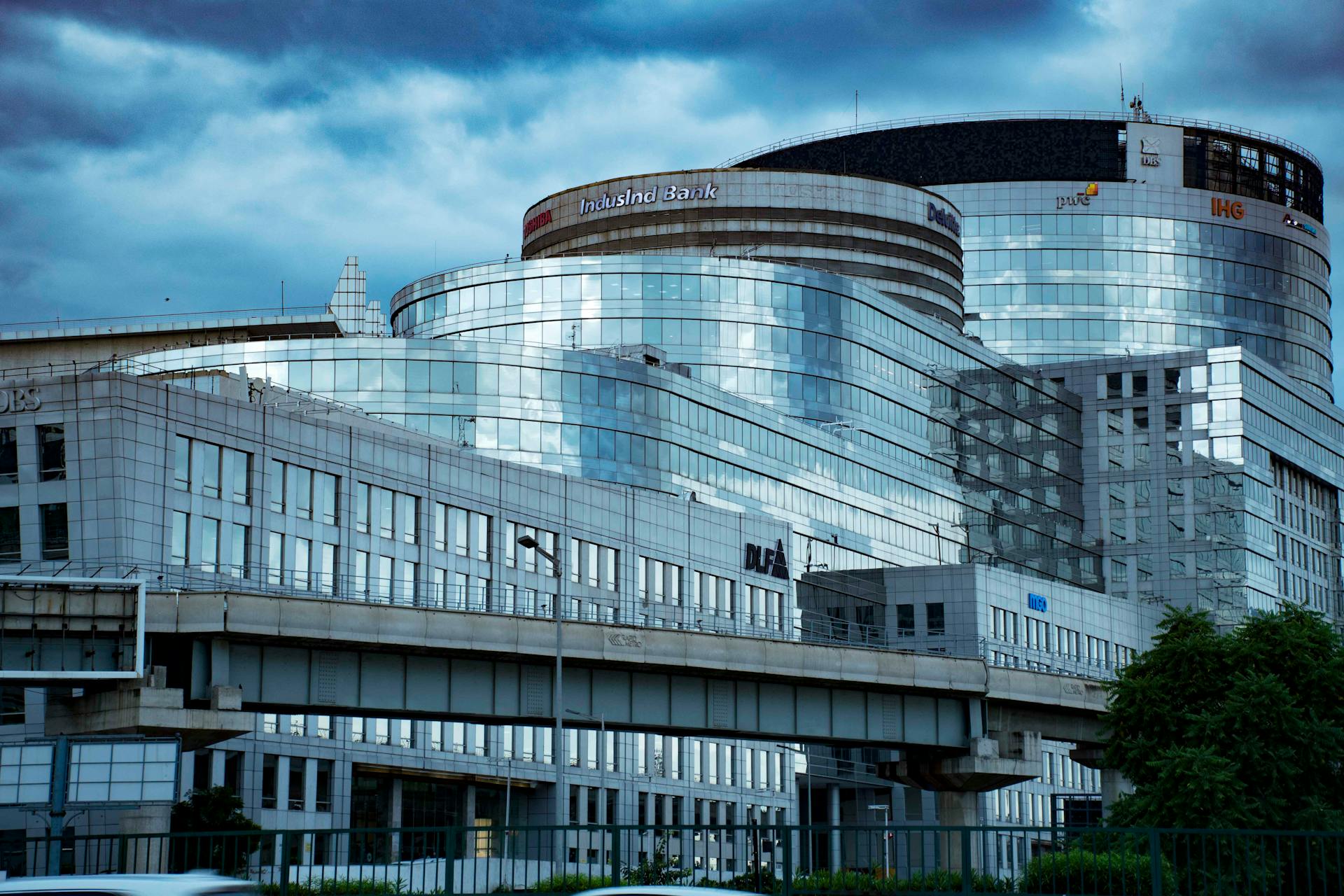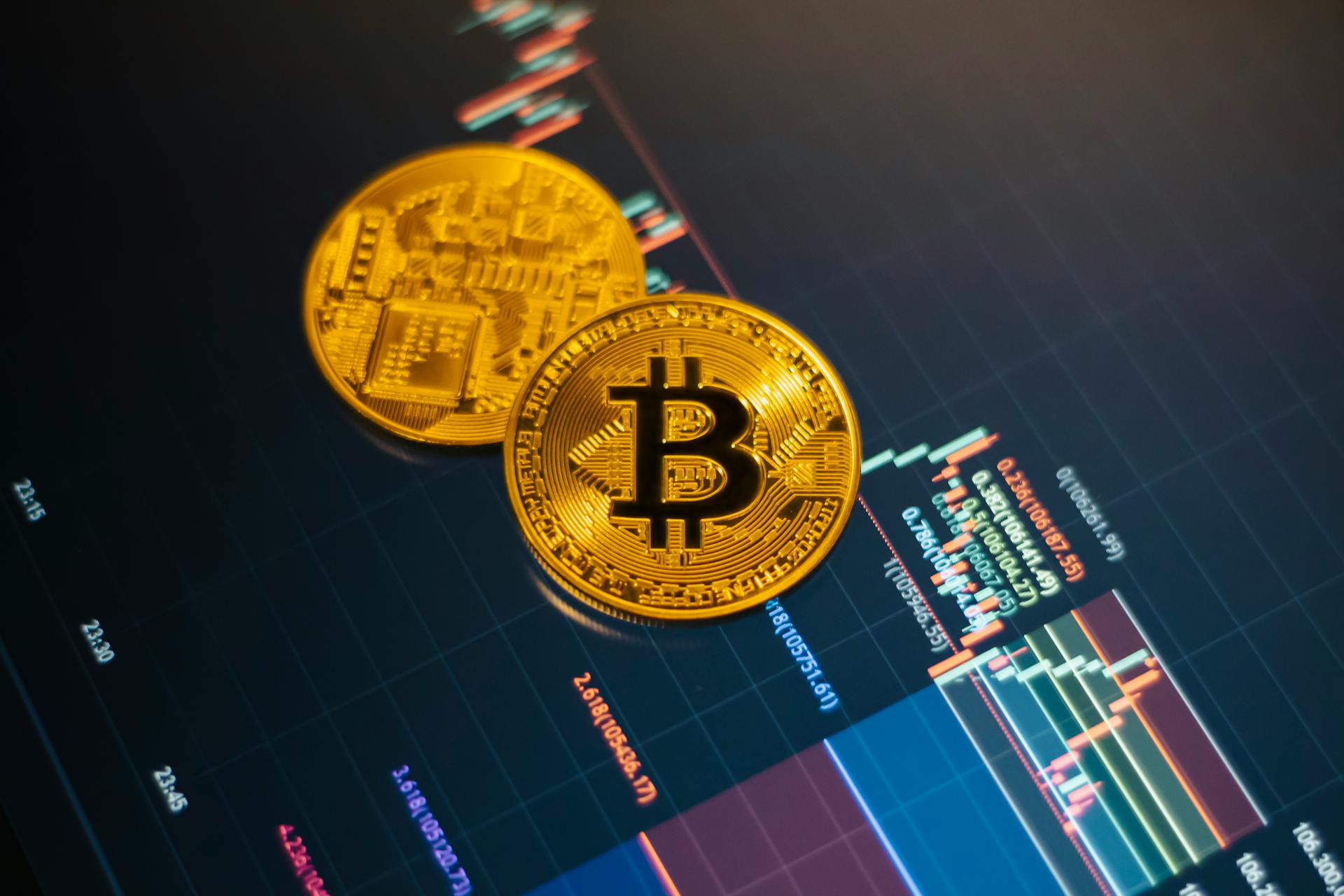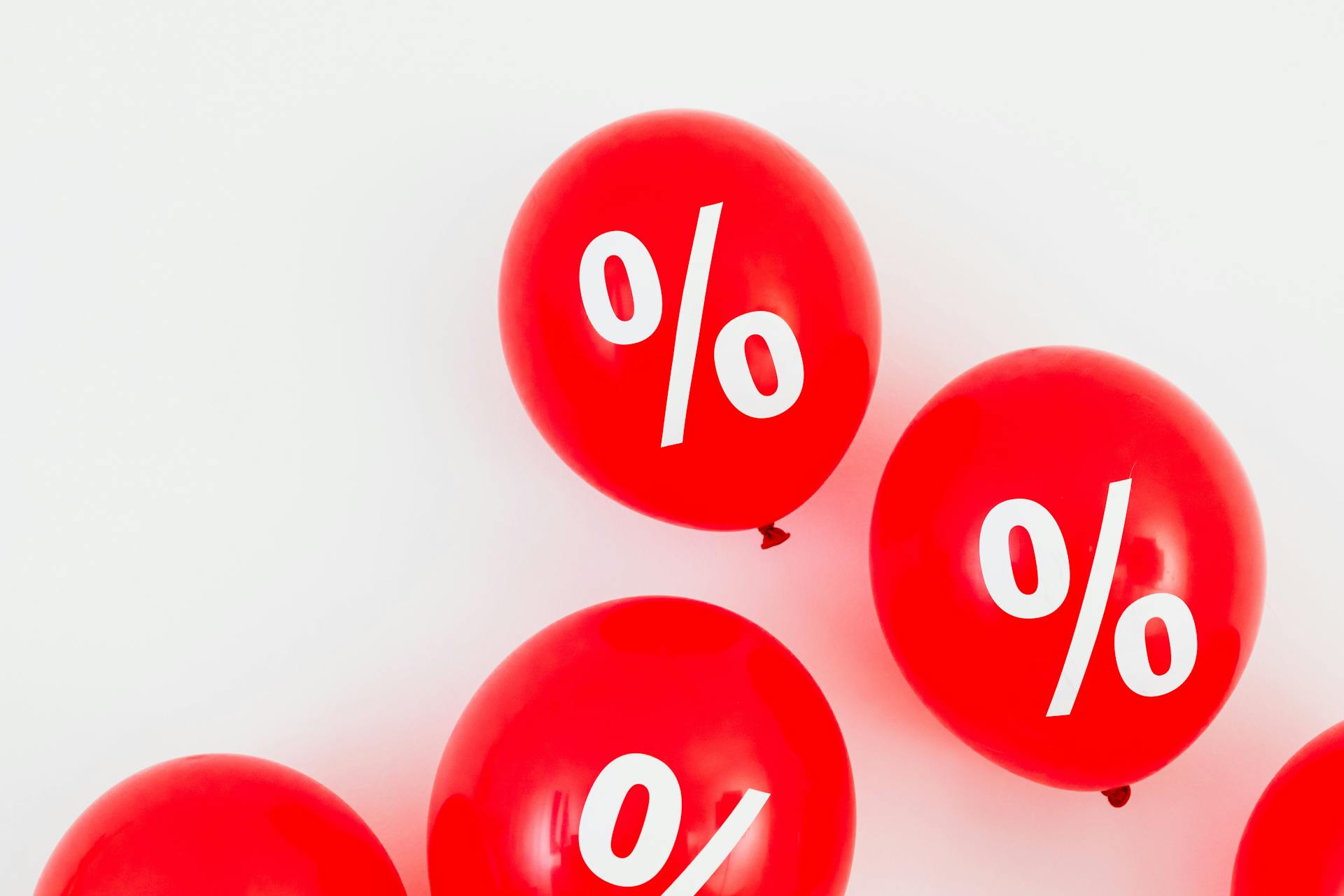
Banks are cutting ties with clients they deem "unwanted", sparking a growing scandal that's leaving many people without access to their accounts. This phenomenon is known as "debanking".
The practice is not new, but its scale and impact are unprecedented. According to a recent report, over 100,000 people have been affected by debanking in the past year alone.
Many of these individuals are small business owners, freelancers, and entrepreneurs who rely on their bank accounts to manage their finances. Without access to these accounts, they're struggling to make ends meet.
Reaction and Response
The debanking scandal has sparked a heated reaction from various individuals and organizations. Miqdaad Versi criticized some media outlets for disproportionately focusing on Nigel Farage's financial affairs while neglecting similar instances involving Muslim organizations and individuals.
Critics argue that the media coverage has been one-sided, failing to provide a balanced view of the situation. In 2014, HSBC closed the accounts of several Muslim organizations in the UK without explanation, citing concerns about freedom of speech and religion.
Gina Miller, a pro-European Union activist, had her bank account for her political party closed down by Monzo without explanation. Monzo later stated that they did not provide bank accounts for political parties and had approved the account by mistake.
British journalist Emily Maitlis criticized the media coverage, claiming it was whipping up a populist storm over a private company's commercial decision to end a relationship. She also pointed out that Nigel Farage had turned "utter entitlement into victimhood" by being offered a standard account rather than a private banking account.
Here are some examples of debanking cases that have raised concerns:
Nigel Farage's Involvement
Nigel Farage's involvement in the debanking scandal was a major catalyst for the issue to come to light. He was effectively debanked by Coutts, part of NatWest, after they decided they no longer wanted him as a customer.
The bank's decision was reportedly due to his political views on Brexit and other issues, which Farage suggested were not aligned with those of the bank.
This led to Farage obtaining a report from the bank that indicated his political views were considered a factor in his account closure.
He subsequently launched a website to support people who had been denied bank accounts, calling the situation a "scandal".
Farage accused the big banks of pulling the rug out from under small businesses with little warning, and said they should be doing more to support them.
US Banks' Tense Relationship with Crypto
Tech company founders are speaking out about being debanked, with Andreessen sharing that he knows of 30 who have experienced this. This has sparked a wave of similar stories on social media.
Elon Musk has weighed in on the matter, calling debanking an example of government overreach. He believes that politically motivated account closures should be considered a federal crime.
The actions of US banks have been dubbed "Operation Choke Point 2.0" by some on the political right, referencing an Obama-era initiative that aimed to limit banking access for industries like payday lending.
David Sacks, the incoming AI and cryptocurrency czar for the Trump administration, has vowed to examine the issue, stating that there are too many stories of people being hurt by Operation Choke Point 2.0.
The debate around debanking and its implications for the crypto industry is ongoing, with many voices calling for greater transparency and accountability from US banks.
The Saga: Where Do the Banks Stand Now?
The Trump administration has promised to address the debanking scandal and related issues. They've vowed to ensure neutrality in banking practices and safeguard access to financial services for lawful activities.
David Sacks has called for an investigation into regulatory agencies, including the FDIC, the Office of the Comptroller of the Currency (OCC), and the Federal Reserve's prudential regulatory division.
Former Comptroller of the Currency Brian Brooks has suggested revisiting "fair access" rules that would require banks to provide services unless they have a legitimate financial reason to terminate a relationship.
The Trump team proposed reforms that aim to prevent further weaponization of the banking system and foster an environment of fair access for all industries, regardless of political or regulatory pressures.
Trending Topics
The UK's financial watchdog, the Financial Conduct Authority, has been responding to the debanking scandal by calling on banks to improve their treatment of Politically Exposed Persons (PEPs).
Most banks weren't imposing unnecessary checks on PEPs, according to the FCA.
The FCA found that some political figures had been denied banking services or had their accounts closed, but this was generally due to "financial crime reasons".
A small number of cases were identified where information requests for PEPs were "disproportionate".
PEPs are subject to extra due diligence from banks because they pose a greater risk of abusing their position for financial gain.
The government changed the law in December 2023 to say UK PEPs should be treated as "inherently lower risk" than overseas politicians.
Frequently Asked Questions
What does it mean to be debanked?
Being debanked means your bank has closed your account due to concerns about potential financial, legal, or reputational risks associated with you or your business. This can happen without warning, leaving you without access to your funds or banking services.
What are the reasons for debanking?
Debanking occurs when a bank closes or restricts an account due to concerns over financial crime, regulatory compliance, risk management, or reputational damage. These reasons can lead to a customer's account being unexpectedly shut down or limited.
What does the term "de bank" mean?
What does "debanking" mean? Debanking refers to a bank closing an account due to perceived risks to its reputation, finances, or legal compliance. This can impact individuals' freedom of speech and financial access.
Sources
- https://en.wikipedia.org/wiki/Nigel_Farage_Coutts_bank_scandal
- https://www.express.co.uk/finance/personalfinance/1890251/Debanking-complaints-on-the-rise
- https://cryptorank.io/news/feed/54d99-trouble-catches-with-us-banks-on-debanking
- https://www.standard.co.uk/business/business-news/the-debanking-saga-what-happened-and-where-do-the-banks-stand-now-b1128908.html
- https://www.express.co.uk/news/politics/1981679/nigel-farage-hints-at-far
Featured Images: pexels.com


